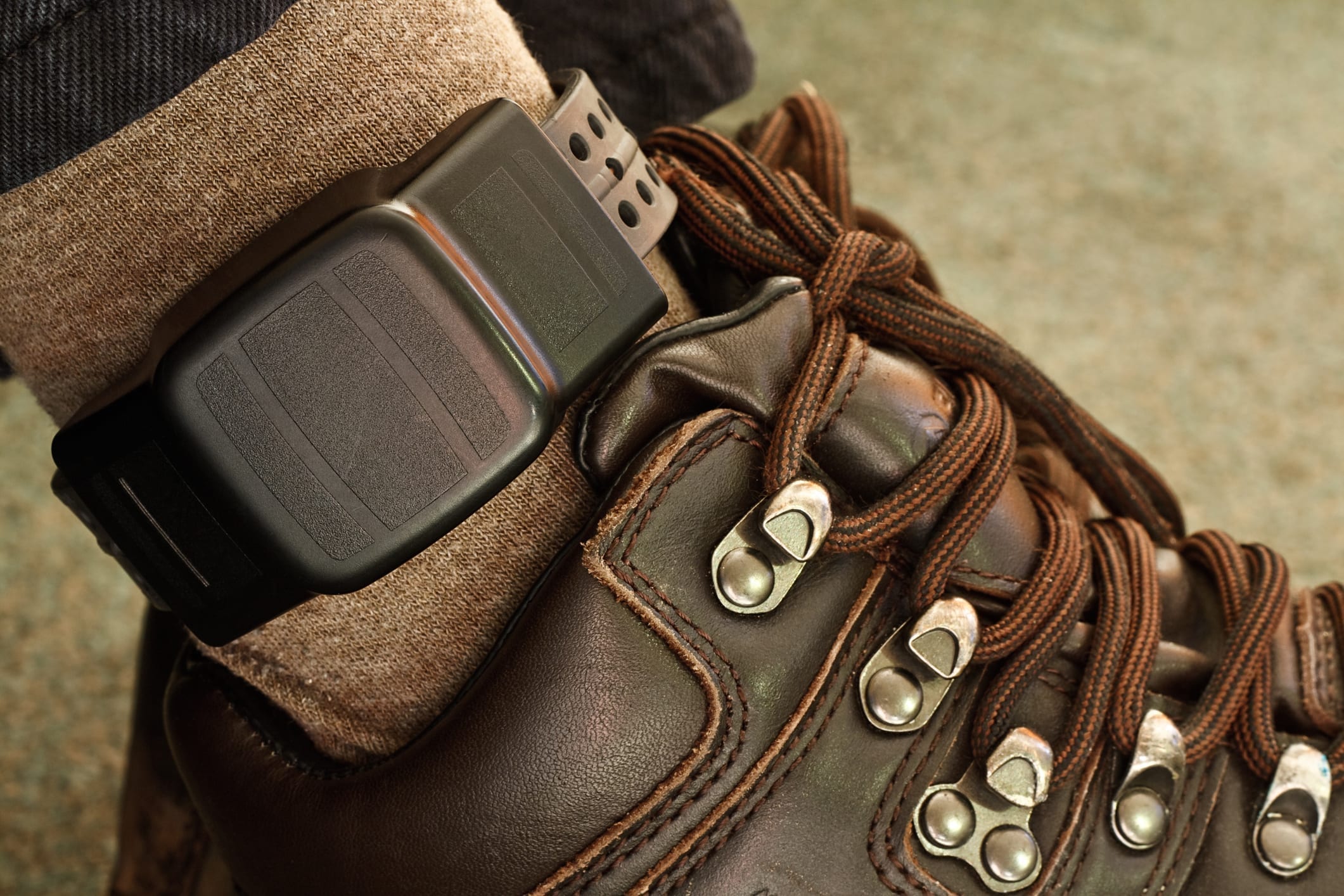Yes. You can go to work or school while you are on house arrest. In fact, keeping a job or getting an education is often a requirement for parole, probation or supervised release.
What is house arrest?
“House arrest” is a blanket term. It refers to a type of supervised release in which you will have your movements monitored. Under house arrest, you will not be able to travel freely.
Typically, you will also only be able to leave your home during certain hours. When you do travel from one approved place to another, you will need to go directly there. Any movement outside of your approved routes and areas could be a violation.
On house arrest, you will usually have to wear an ankle monitor. This device tracks your location and sends that data to your supervisor. Removing or tampering with this device is a crime.
How can I go to work or school if I am on house arrest?
“House arrest” does not usually mean that you have to stay home 24/7. In most cases, you will be able to work or attend school while on house arrest.
But to work or go to school, you must first get either your supervisor’s or the court’s approval. To do that, you will give them information about your job or school. This includes the name and location. You will also need to give them a schedule that includes the hours you will be working or in school. In addition, you will need to provide travel times.
Your supervisor or the court may not always grant you permission to work or go to school at a certain place. Ultimately, the decision is up to them.

Can I change jobs or schools while I am on house arrest?
Yes, you can. But there are a few things you should consider first.
- Permission. Just like when you first got on house arrest, you will need to get permission for any new work or school. This will take time, and the court or your supervisor may not approve.
- Money. When you are on house arrest, you will usually need to pay all the costs that go with it. This includes court fees, fines and even your own monitoring. Even if you are not working, you still have to pay these costs. Consider whether you can afford the downtime between your last paycheck at your current job and your first at a new job.
- Jurisdictions. You may want to attend a school that is not close to where you currently live. If so, that might be out of your current jurisdiction. That means you would have to have your case and your supervision transferred to another system. This can be a long, complicated and sometimes expensive process.
The Takeaway:
You can go to work or school while you are on house arrest. Keeping a job may even be one of your conditions of release. Your supervisor or the court must approve your workplace or your place or study. You can change your job or school, but there are downsides to consider to doing so.






